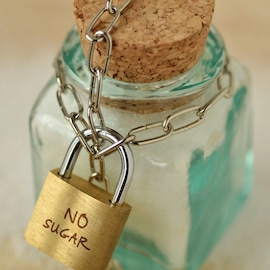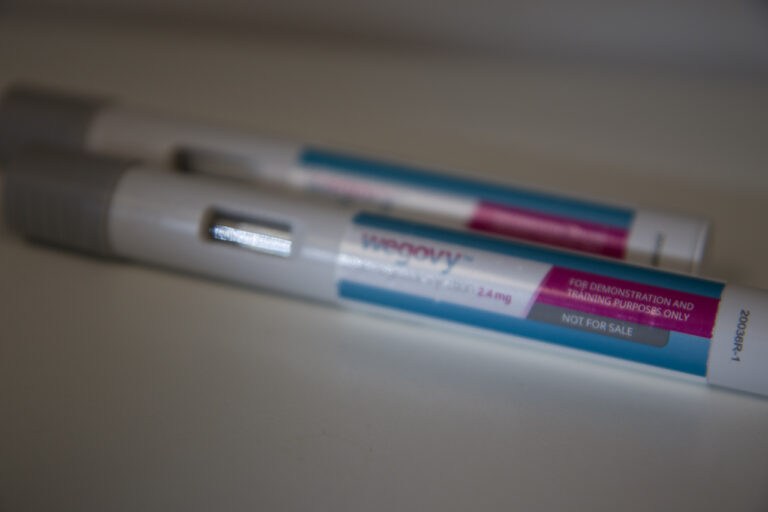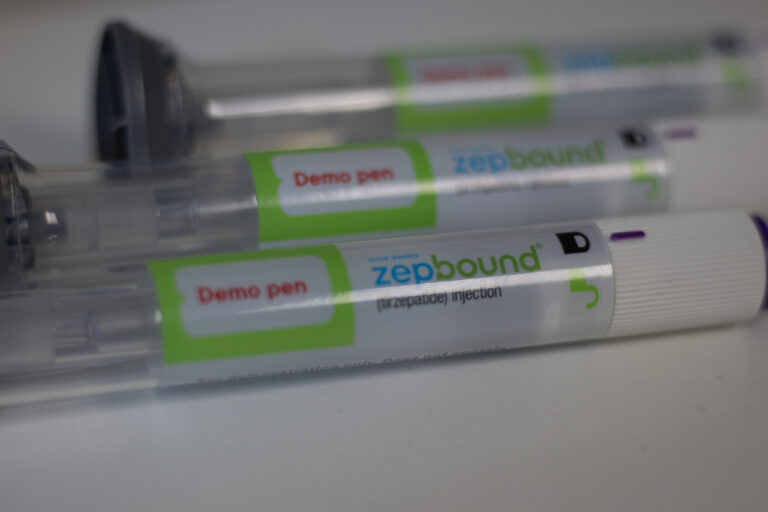
Why Small Changes Are the Key to Sustainable Weight Loss and How to Make Them
Who doesn't want fast results, especially those who are trying to lose weight? That's why diet pills and extreme diets are such an easy sell. What could be quicker than swallowing a pill and watching the pounds melt away! Emotionally, we'd like to believe this is possible, but reason tells us that any weight we lose using extreme techniques won't be sustainable.

Who doesn’t want fast results, especially those who are trying to lose weight? That’s why diet pills and extreme diets are such an easy sell. What could be quicker than swallowing a pill and watching the pounds melt away! Emotionally, we’d like to believe this is possible, but reason tells us that any weight we lose using extreme techniques won’t be sustainable. In fact, research shows that of people who lose 10% or more of their body weight, more than 80% will gain it all back. Those aren’t good statistics!
Why is fast weight loss not sustainable? When you try to lose weight quickly through drastic dietary changes, your body reacts by trying to conserve energy. Your metabolism slows and your appetite increases. Starvation is a threat to your body, and it tries to hold on to as much energy as it can. In effect, it becomes an energy hoarder! Not to mention, calorie restriction reduces your energy level and makes you feel constantly hungry. Plus, it’s stressful psychologically. Your chances of success are higher if you make small, gradual changes to your diet and lifestyle.
Small Changes Add Up to Big Results
Rather than stressing your body, take the slow, but less stressful, approach to losing weight. It’s guaranteed to be less frustrating
First, ditch the diet mentality. Instead, make lifestyle changes. Dieting implies a short-term approach to managing your weight. Short-term strategies only work short-term! Stop falling for fad diets and weight loss supplements that have high-pressure marketing tactics behind them. Realize there are no magic bullets for weight control. It’s about changing how you eat and how you live.
Small Change #1: Nix the Sugar-Sweetened Beverages
Ditch the calorie-laden, sugar-sweetened beverages, especially soft drinks. Drinking several soft drinks daily adds hundreds of calories to your bottom line, and it’s not just calories, it’s sugar. Sugar causes insulin spikes that make it harder to shed body fat. Work towards cutting all sugar out of your diet eventually, but for right now, soft drinks are a good start. Also, nix the fruit juice and fruity beverages. They too are high in sugar, despite the perception that they’re healthy. Substitute unsweetened tea, coffee, or fruit-infused water for the sugar-containing beverages you’re now drinking.
Over time, gradually scale back on the ultra-processed, convenience foods you add to your grocery cart. Collect simple recipes that use less than 5 ingredients that you can prepare from whole foods. Start with one or two unprocessed meals per week and gradually increase the frequency of home-prepared lunches and dinners. Another option is to visit a hot bar and salad bar at a natural food market and fill a container with healthy food items to take home. This works if you’re in a hurry! No more trips to a fast food chain because you don’t have time to cook.
Small Change #2: Keep a Food Diary
A food diary is enlightening! Chances are, you eat more than you think you do, and it’s backed by science. Research shows people aren’t good judges of their food intake. The snack you have at the office, grocery store samples, and the food you taste while making a meal all count! Get a grip on how much you’re eating and the quality of your food intake. Awareness is part of the battle! You may discover you’re doing lots of mindless snacking. Just being aware can help you make adjustments. Before mindlessly reaching for a snack, rate your hunger on a scale of one to five. If it’s less than 3, you’re eating out of boredom or stress rather than true hunger. Get in the habit of doing a hunger check before every meal and snack.
Small Change #3: Replace Snacking with Other Activities
After keeping a food diary, you may discover that you snack when you’re bored. Time to find a replacement for boredom-induced munching. Stress can be another driver of snacking. So, find something to do that relaxes you when you have the urge to snack. Meditation, deep breathing, a brisk walk outdoors, playing with your pets, or taking a warm shower or bath can break the urge to snack and help you relax. You might have heard that brushing your teeth takes away the urge to snack. It does! Another option is to sip on a warm cup of tea. That’s a good nighttime ritual to keep you away from the fridge too!
The Bottom Line
These are only a few of the small changes you can make to help with sustainable weight loss, but they’re a good start. Give them a try and gradually add more small, healthy changes to your lifestyle. It’ll save you the frustration of tackling another fad diet that doesn’t lead to sustainable, long-term results.




